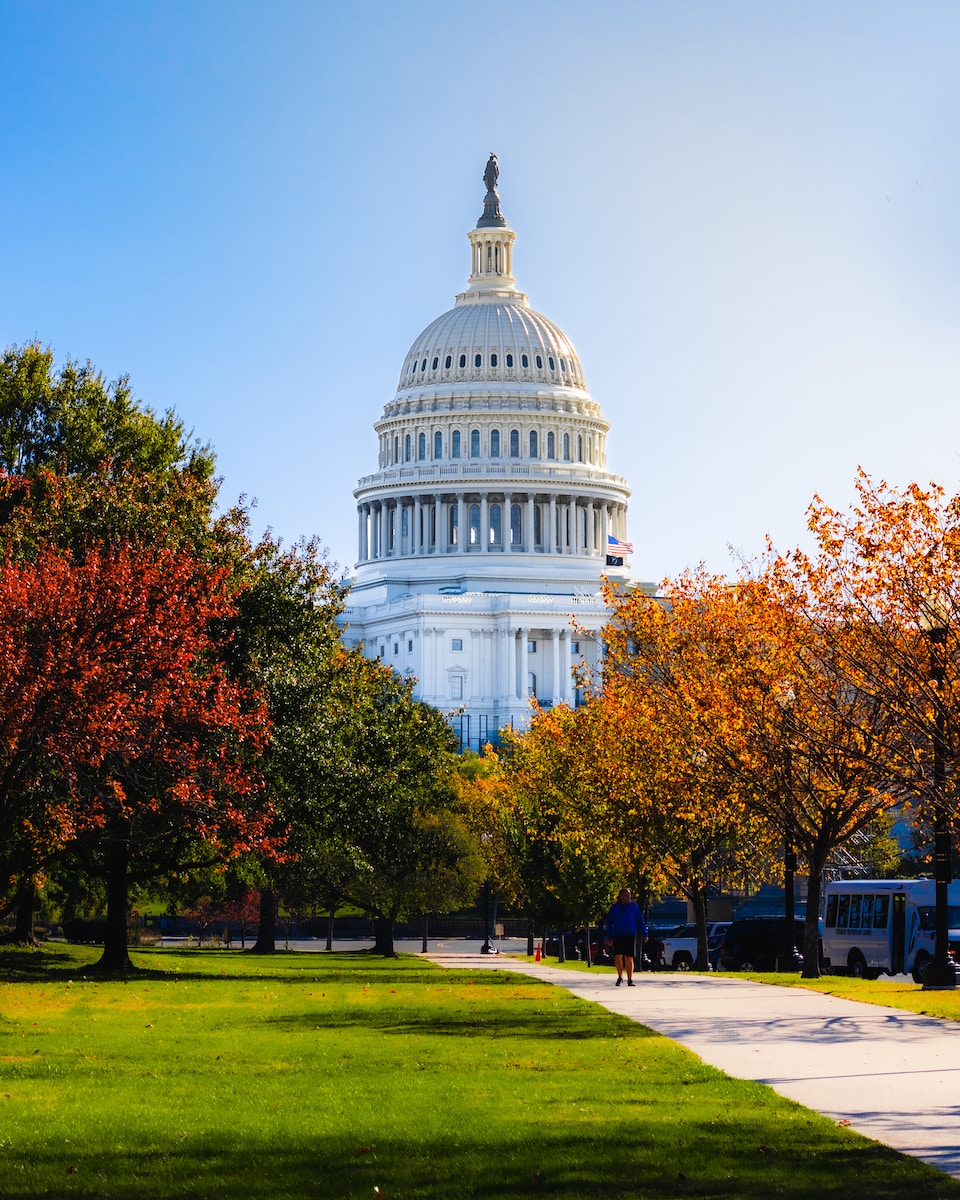FMC Pays 10,000 USD to Lobby for Chemical Inventory Management
FMC is an agricultural sciences corporation that advances farming via sustainable and innovative technologies and has been in operation for over 130 years. One field of technological applications they focus on is biologicals which includes fungicides, fertilizer and pesticides. As such, these products are regulated by the Environmental Protection Agency (EPA) that currently functions under a conditional registration status. As a provider of alternative data and summary reports, Lobbyingdata.com will not go into the more nuanced details of the evolution of regulatory policy. A more detailed history can be found at the EPA website. Suffice it to say the current status of pesticide registration with the EPA is dependent on if that chemical meets or exceeds the minimum risk threshold. The Federal Insecticide, Fungicide, and Rodenticide Act (FIFRA) does permit the EPA to conditionally register pesticides under specific, well-defined circumstances.
The USGS estimates about one billion pounds of conventional pesticides are used in the US each year
Senate bill 4585 amends the transparency of the EPA, specifically modifying the registration process for pesticides under FIFRA. The Director of the Office of Management and Budget would be required to conduct an interagency review of any registration decisions regarding compulsory more restrictive changes to pesticide labels under registration revision. All final decisions will go into effect one year after the date the decision is submitted by the Secretary of Agriculture and published in the Federal Register.
To lobby on their behalf, FMC hired Jamison and Sullivan, Inc. with lobbyist Jay Sullivan representing them. The firm was hired by five clients in 2021 for a total 280,000 USD and has been hired by four clients so far this year for 50,000 USD. Sullivan has been a lobbyist for decades starting in the early 1990s and has several years experience in the arena of chemical management and advancement.
S. 3034: Funding for the Environment
Recently introduced to the Senate, S. 3034 concerns appropriations for the departments of the Interior, Environment, and other related agencies. For the Interior, this covers the gamet of organizations from the U.S. Fish and Wildlife Services to the Bureaus of Indian Affairs and Education. Additionally, the bill provides appropriations for the Indian Health Service and the National Institute of Environmental Health Sciences. As far as related agencies go, this list includes the Smithsonian Institute, the National Gallery of Art, and the Advisory Council on Historic Preservation.








